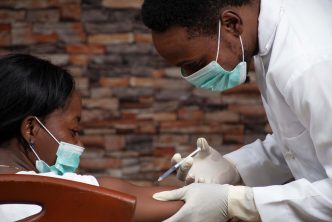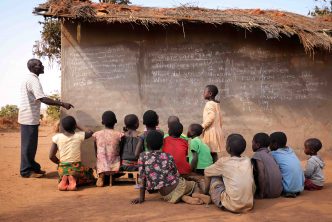Nigeria has an identification problem. Imagine a traditional ruler in one of Nigeria’s communities charged with distributing COVID-19 palliatives to the community members. More than likely, he or she would not have accurate data on the community members or any foolproof way of identifying them. He has to rely on leaders of sub-units within the community to identify his people. In most cases, he has no way to verify the authenticity of the information provided. Every additional person or layer in this distribution chain introduces opportunities for graft. If the community can’t accomplish this task, it is unlikely to be achieved at the state or national levels. Simply put, Nigeria can’t identify her citizens. Founded in 2012, Nigeria’s National Identity Management Commission (NIMC) has enumerated only about 41.5 million citizens and legal residents out of a population of about 202 million. Indeed, only about 38 percent of Nigerians have any form of identification.
This unfortunate result is not from a lack of effort. Employing old and inefficient models means that Nigeria has failed to make any significant dent on her identification challenge. The 1,000 enumeration centres around the country are grossly inadequate to cover the vast expanse of the country. There is a lack of coordination as there are at least 13 federal agencies and 3 state agencies offering identification services. Furthermore, the country has failed to create awareness on the need for a formal identification system. As such, Nigerians lack the incentive to endure the slow and cumbersome processes at those one’s existence. Such persons may also miss out on a wide range of benefits and specific services across health, education, civic engagement, and social protection.
For More, Download the full Essay.







